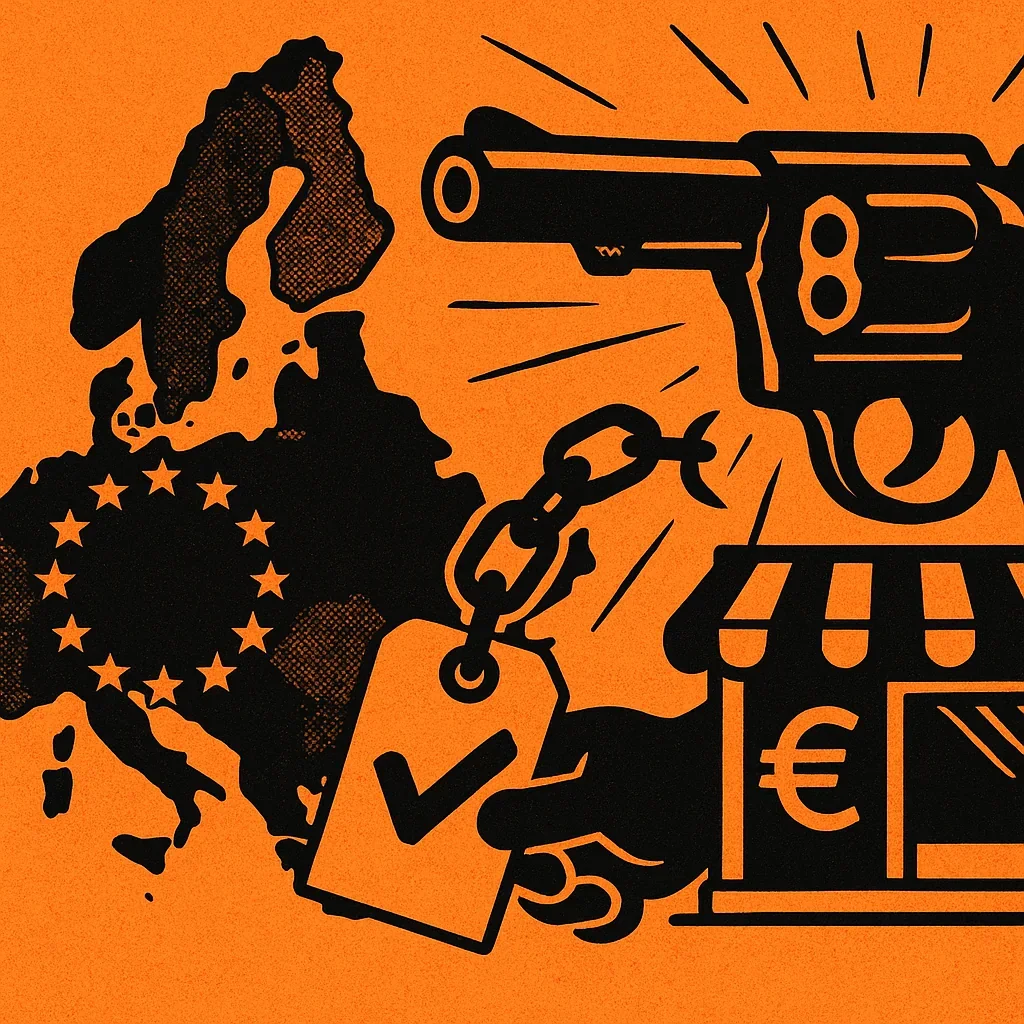In the last decade, Europe has transformed from a trading power into a "normative" power that uses the size of its market as a tool of influence to impose its values on its partners. This shift has changed the landscape of global trade and has had direct effects on countries in the South, especially Arab countries.
Countries that want to reach 450 million consumers in Europe know this very well. Climate standards alone have become enough to bring down entire industries. It is enough for Brussels to refuse to import high-emission steel or cement, so that some countries lose hundreds of millions of dollars annually. Some estimates warn of losses of between 10 and 25 billion dollars annually in Africa alone after the implementation of the "carbon border adjustment mechanism".
But this is not just a story of environment...it's a story of power.
Arab countries have found themselves at the center of this game: Europe conditions political and economic reforms and ties aid to sensitive issues such as migration and human rights, but - oddly enough - backs down when the issue is related to gas, energy agreements, or security issues. This is the other side of the "weapon of conditionality": power when needed...and disregard for standards when necessary.
With the rise of China as a global player offering loans and investments "with almost no political conditions," the Arab world is faced with a complex equation: Europe gives access to a huge market ... but at a political price; China gives money quickly ... but at a strategic price that may be paid later.
This has led some Arab states to adopt a double game: selective engagement with Europe, sharp bargaining on migration and energy issues, and the use of China to expand the margin of movement.
In the end, the paper shows that the "weapon of conditionality" is not an economic tool but an entire system of influence. It may help raise global standards...but at the same time it puts developing countries in an unequal battle: How do they adhere to the standards of a rich country with enormous capacity...while struggling to provide basic infrastructure?
The story is not about trade. It is a struggle over the definition of "legitimacy" in global trade.
Who makes the rules, who plays by the rules, and who pays the price?
To view the video and read the full analytical paper, please scroll down.
Europe and the "weapon of conditionality": The political price of access to the European market
In a rapidly changing world, nothing is free... even trade comes with strings attached.

Comments